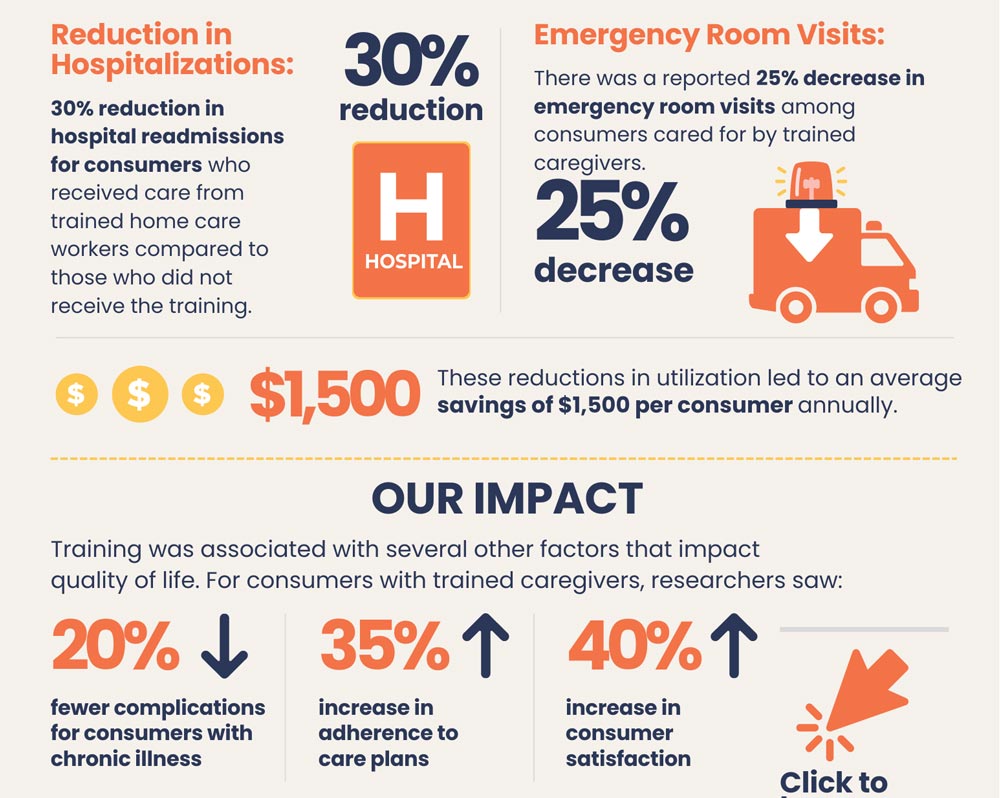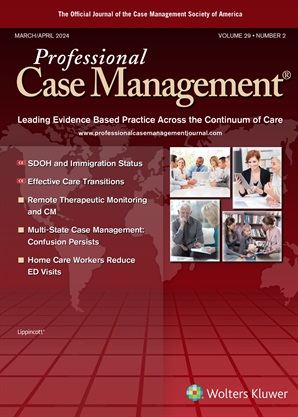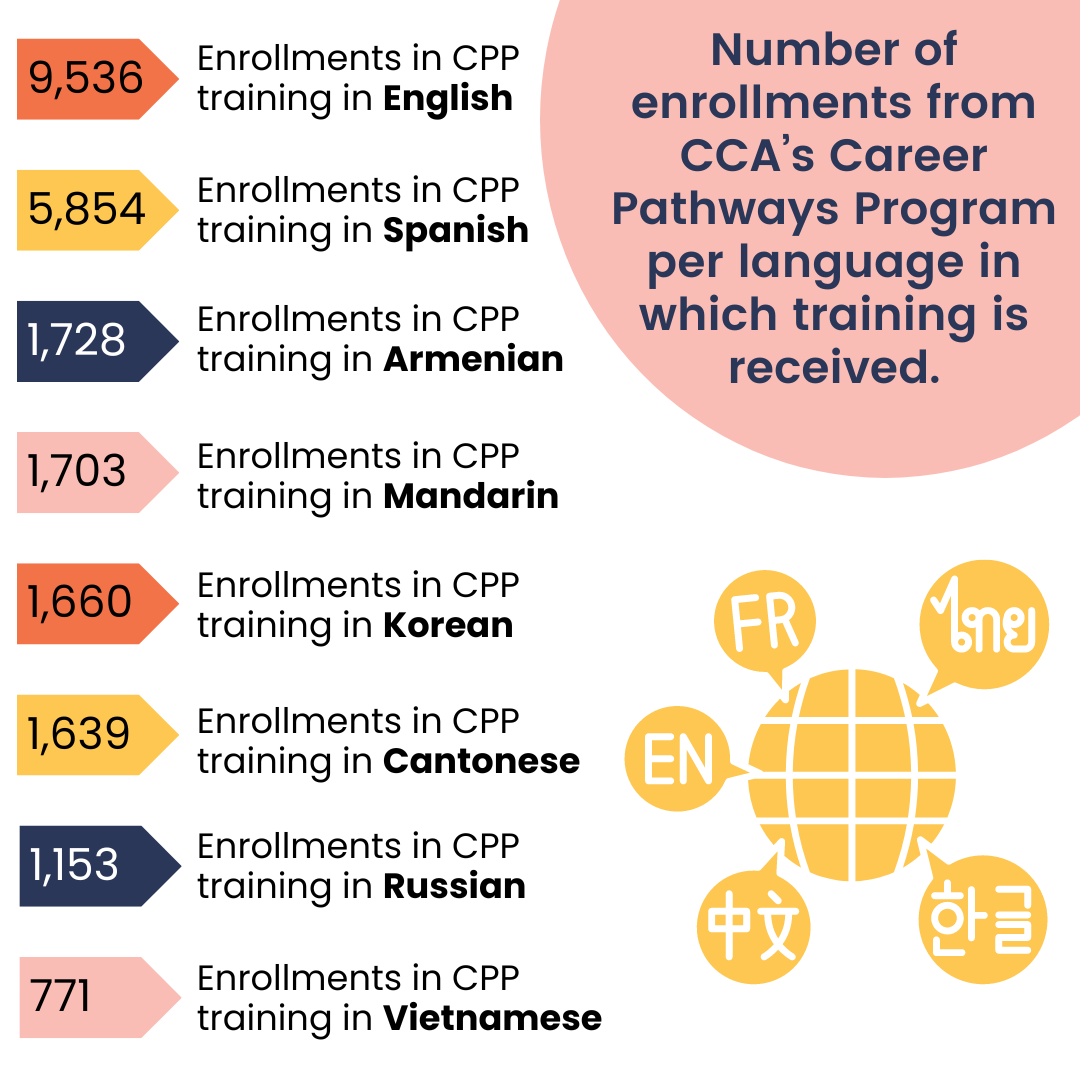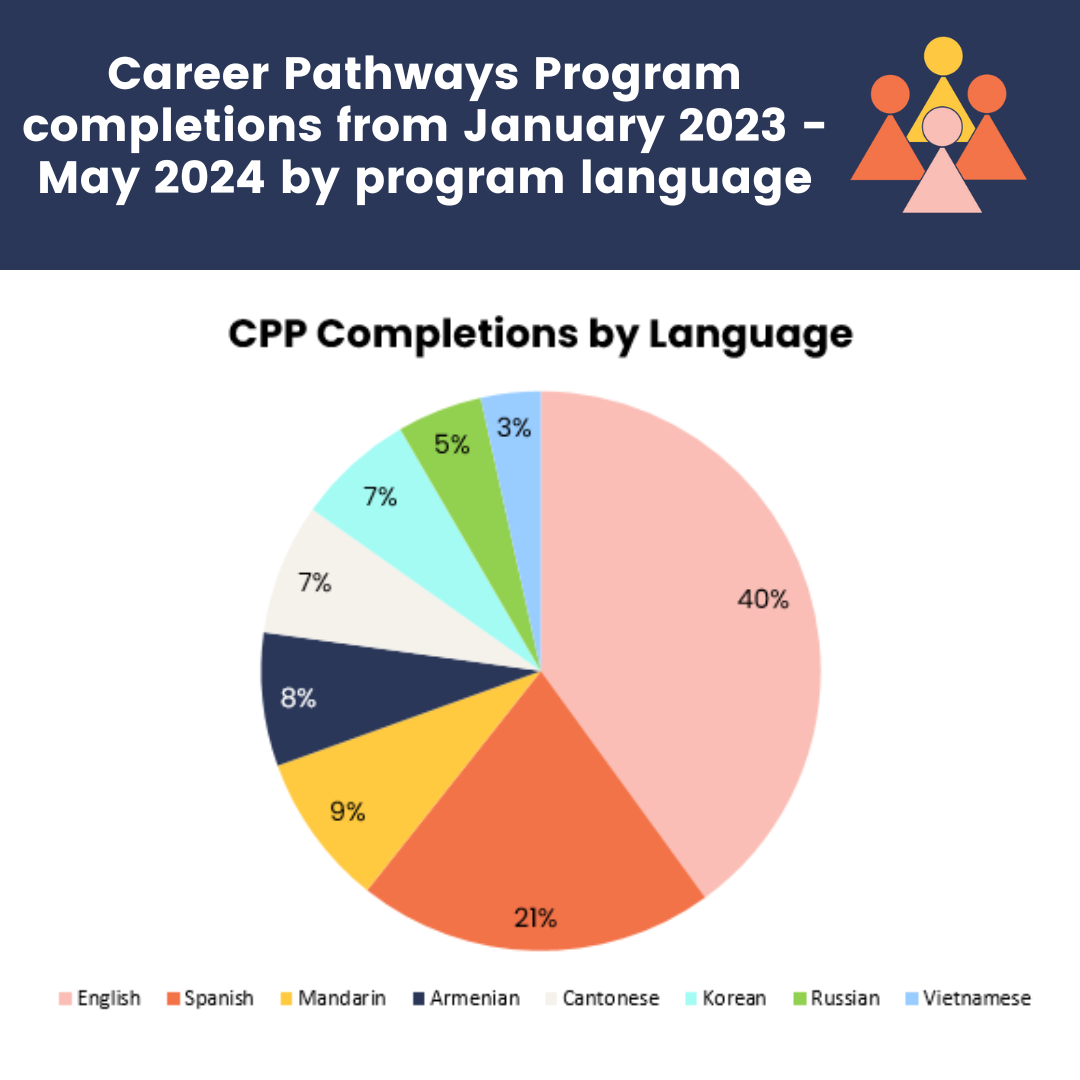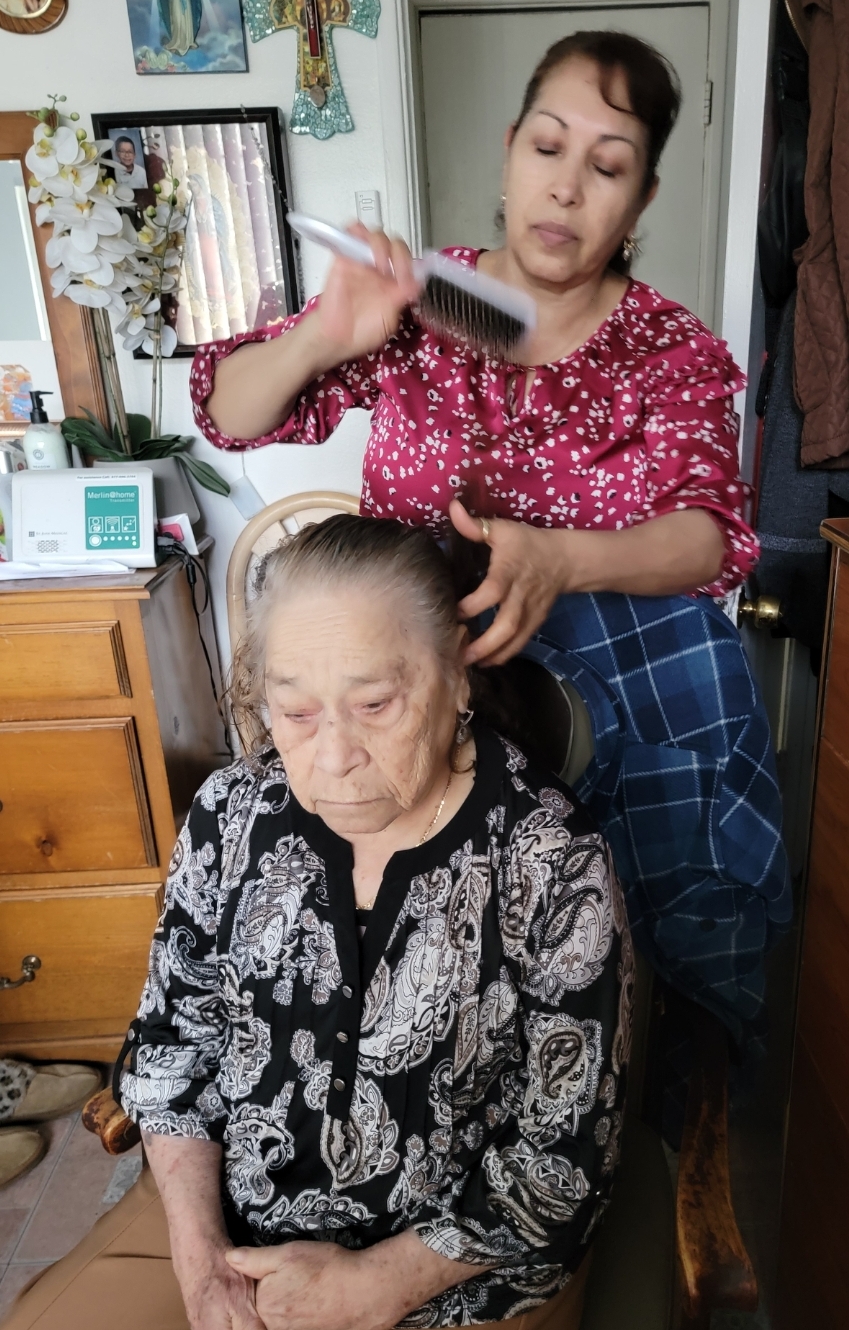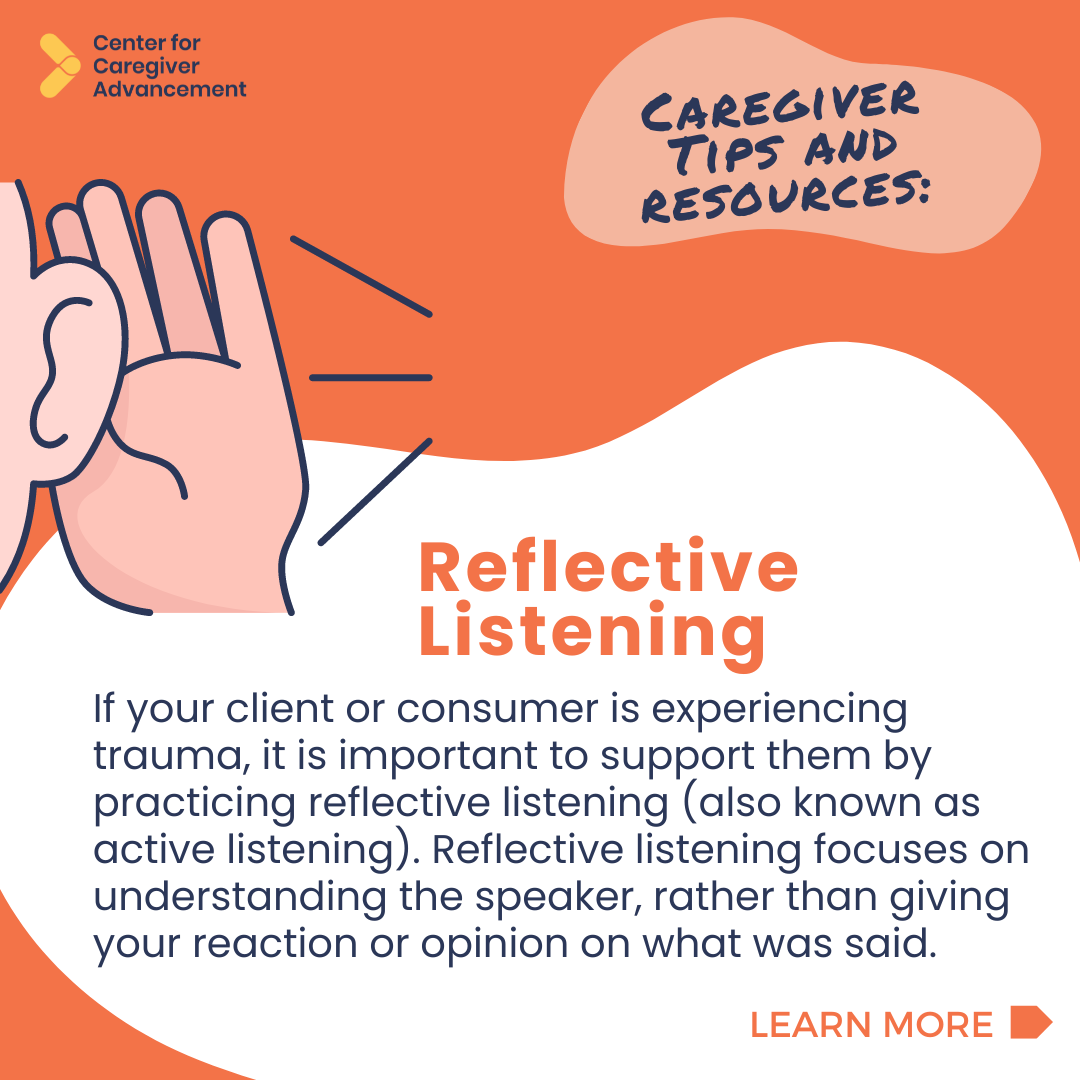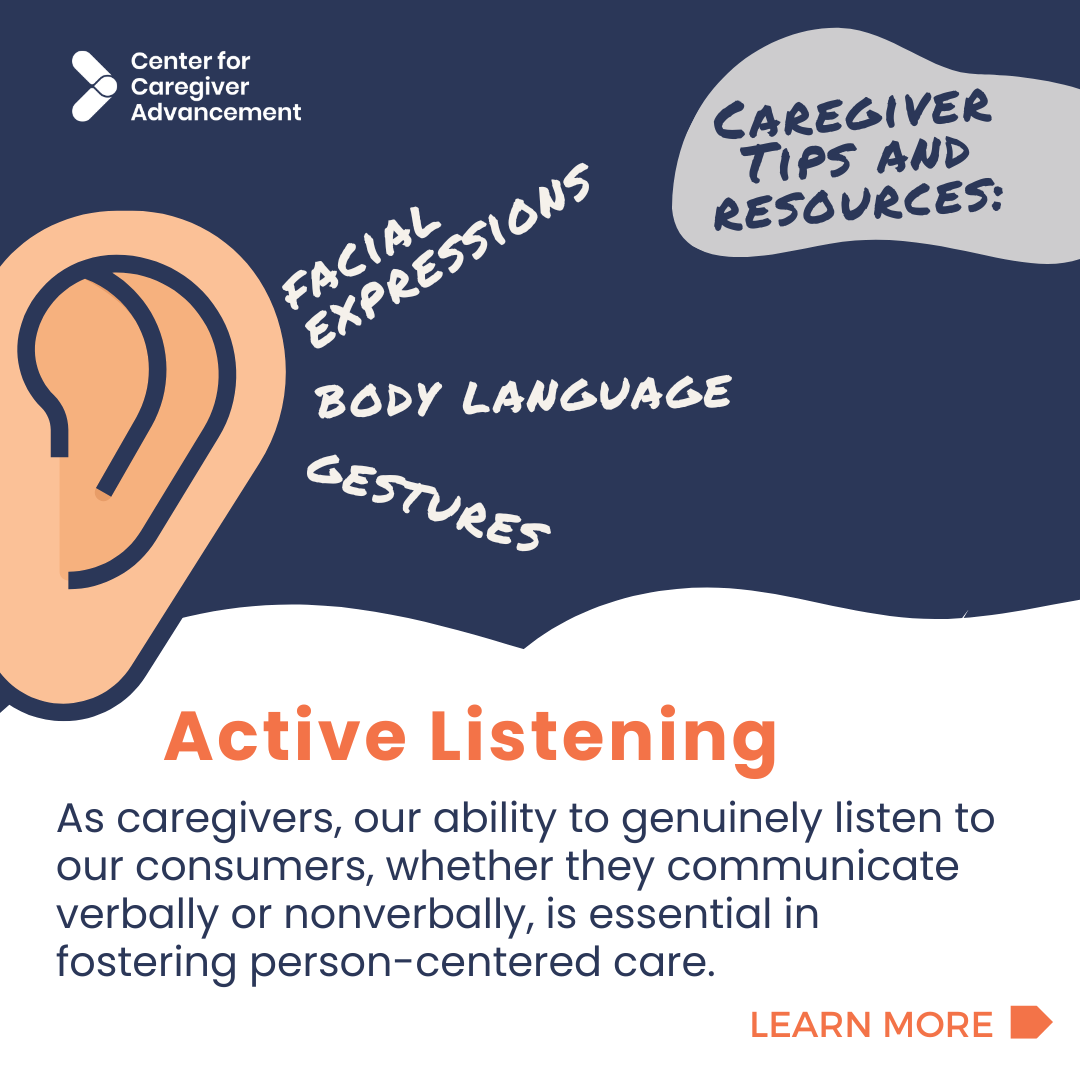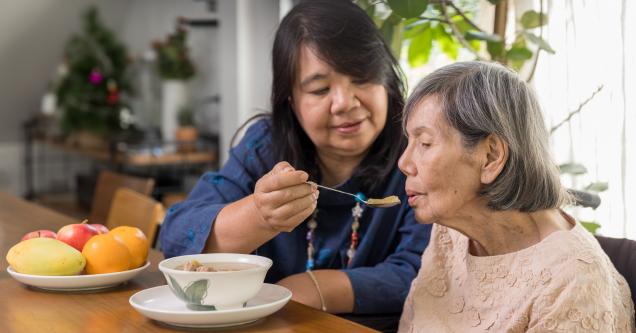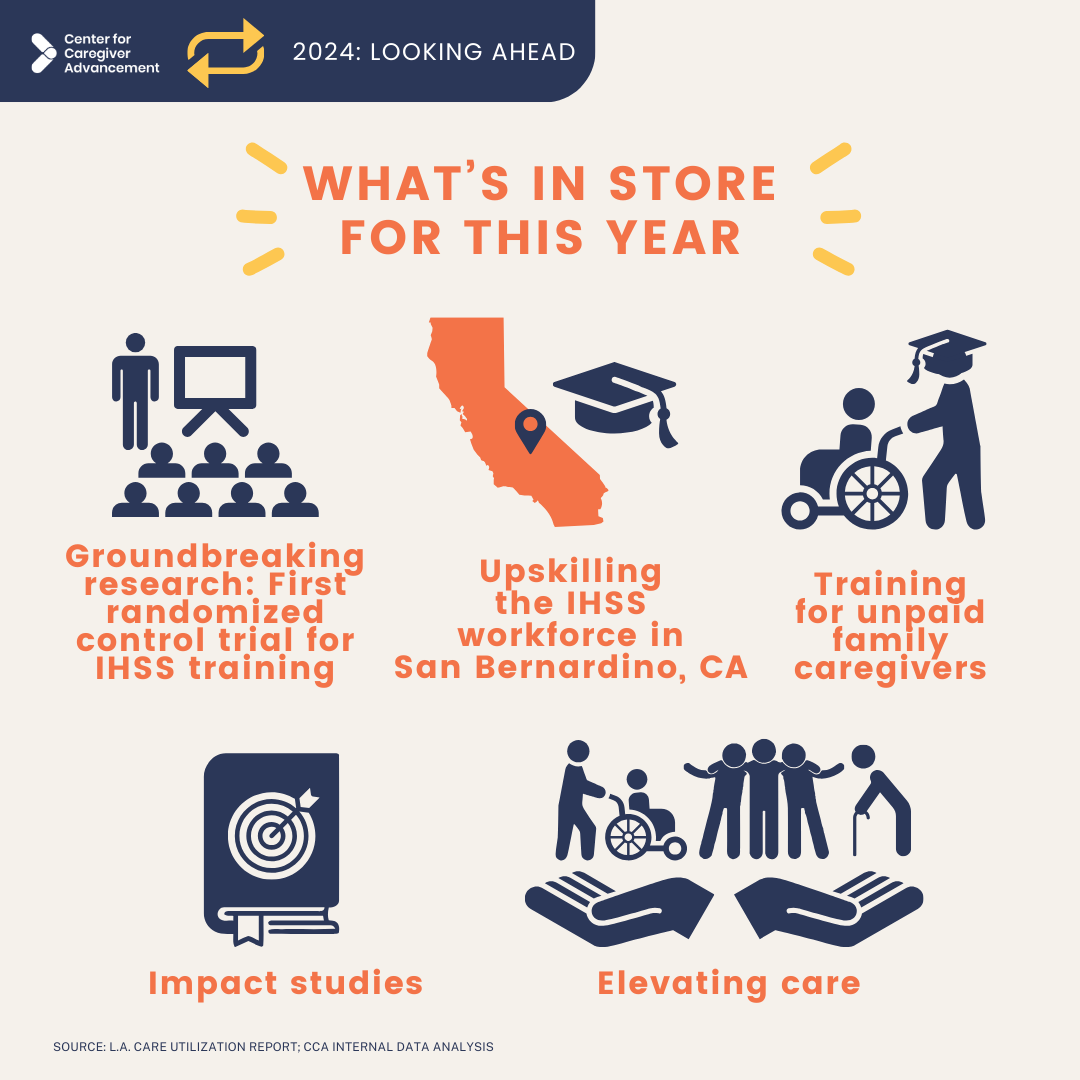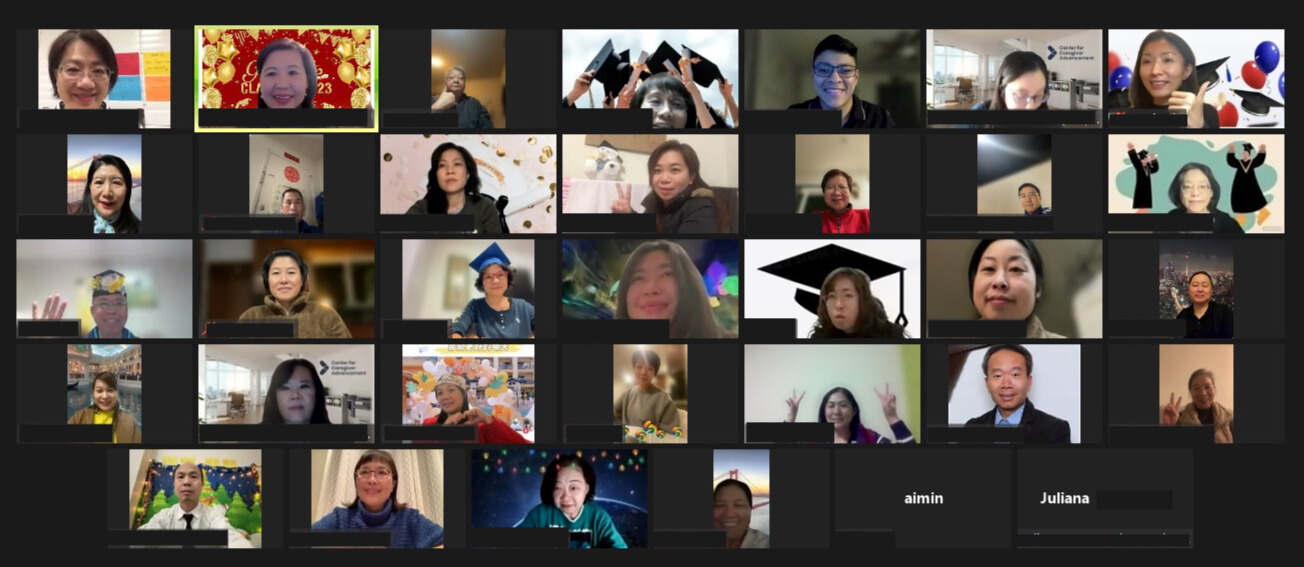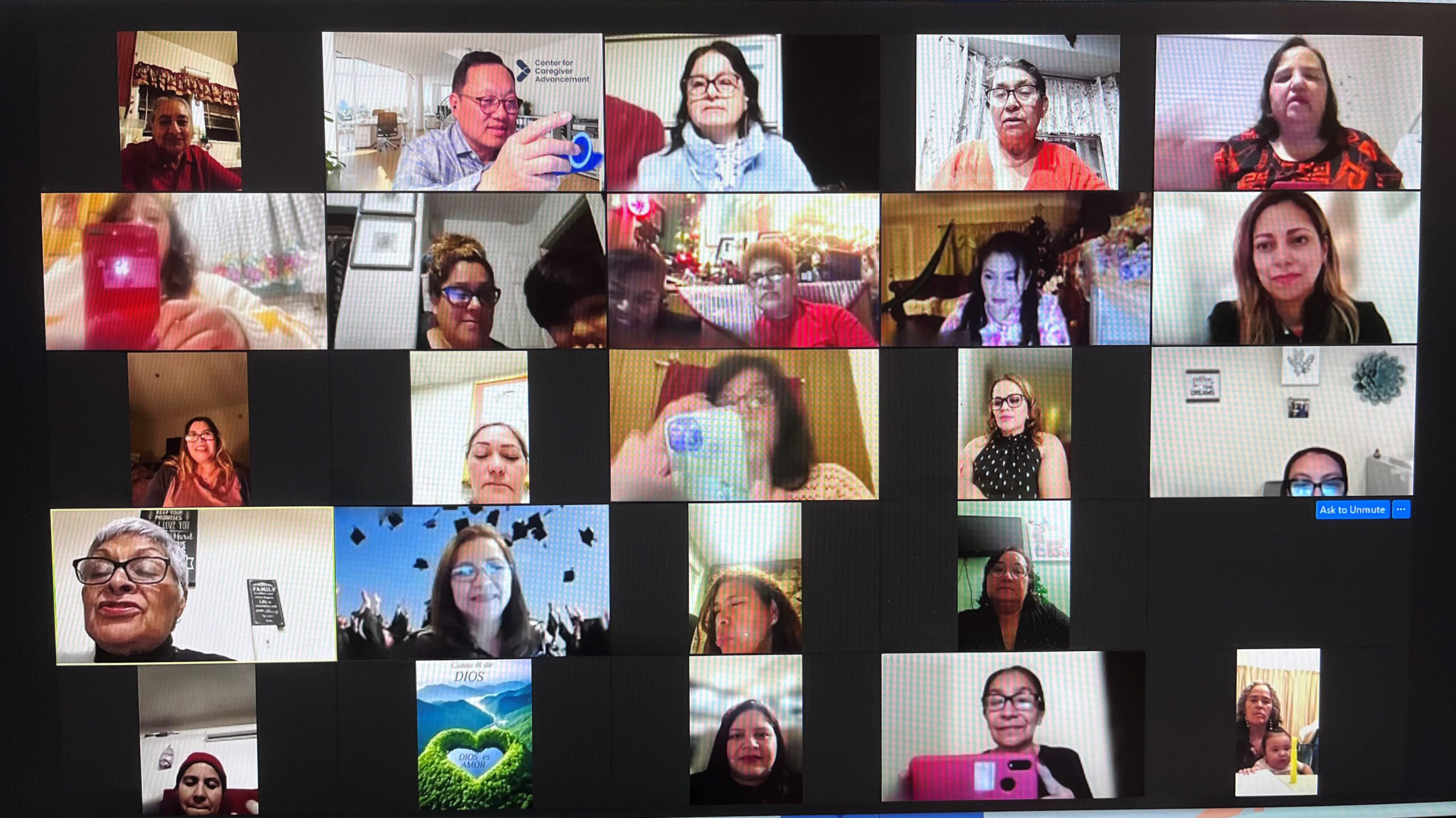For Cassandra Parker, becoming a full-time caregiver wasn’t something she expected, but when her family faced crisis after crisis, it became a role she embraced with grace and determination. Her story is one of resilience, love, and learning—both as caregiver and daughter.
In 2021, Cassandra’s life took a turn when her father was diagnosed with stage four kidney cancer during the COVID-19 pandemic, making it difficult for him to get the surgery he needed. This came just after she had lost her mother to stage four pancreatic cancer. With her sister preoccupied with a newborn, Cassandra took on the responsibility of caring for her father. “The baton was passed to me,” she explains.
Despite her limited knowledge of caregiving systems like IHSS (In-Home Supportive Services) at the time, Cassandra quickly stepped into her role, beginning her journey as a full-time caregiver for her father.
Navigating Dual Roles: Caregiver and Daughter
One of the hardest parts of Cassandra’s journey has been finding a balance between being a caregiver and a daughter. “Asking for help has been crucial,” she shares. “When you’re a caregiver, your focus is on making sure your consumer is properly taken care of, but as a daughter, especially after losing my mother, it’s tough. You need that emotional support.”
Cassandra found solace and structure in CCA’s courses, which provided her with tools to manage the dual roles.
“Participating in CCA’s course gave me permission to be a daughter again.”
The courses not only allowed her to take a step back from the constant demands of caregiving but also gave her the knowledge and skills to better support her father.
For Cassandra, caregiving is more than just tasks—it’s about preserving her father’s independence and humanity. “You want them to feel like they can still take care of themselves. We don’t want them to feel like they’re less than,” she explains.
The Power of a Community and Lifelong Learning
According to Cassandra, one of the most valuable aspects of CCA’s courses is the peace of mind they provide. She learned critical skills, like managing medications and navigating healthcare, but also discovered something even more powerful: the importance of self-care. “You can’t take care of anyone else unless you take care of yourself,” she stresses.
Cassandra first learned about the courses through her involvement with SEIU Local 2015. “I came across Rodney, one of the field assistants. He told me about the free course—worth $9,000—and I thought, ‘I have to take this.’ It wasn’t just about the stipend; it was about gaining the knowledge I needed to take care of my father.” For Cassandra, the course was transformative. “I got so much more than I expected. It wasn’t about the money; it was about making sure I was doing everything I could for my father.”
A Message for New Caregivers
To those considering caregiving, Cassandra’s advice is clear: “You can do it. It’s not going to be easy, but you’re not perfect, and that’s okay. It’s important to take care of yourself mentally and emotionally before you can take care of your consumer.”
Cassandra’s journey has taught her the importance of community. Through the courses, she found a support system that helped her care for her father and herself. “You’re not on your own,” she reminds others. “You’ve got this.” As she continues to care for her father, Cassandra is thankful for the resources and community CCA has provided.
“Being a caregiver is the most rewarding thing. CCA really cares about their caregivers, and I’ve learned that you have a community—you’re not in this alone.”


